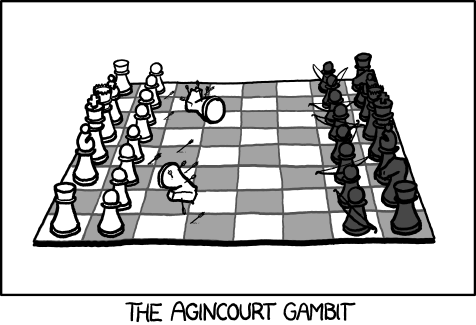June 24, 2012
by jsproul
0 comments
Thomas Jefferson is no doubt tossing fitfully in his grave at what is becoming of his university. Efforts to cut back interactive humanities courses run counter to the purpose and value of liberal arts education.
“Members of the board, steeped in a culture of corporate jargon and buzzy management theories, wanted the school to institute austerity measures and re-engineer its academic offerings around inexpensive, online education, the emails reveal. Led by Rector Helen Dragas, a real estate developer appointed six years ago, the board shared a guiding vision that the university could, and indeed should, be run like a Fortune 500 company.”
The business world has practices that can benefit universities, especially in the provision of supporting services in ways that may be better and more efficient. There are established methods for making buy-versus-build decisions that many academic institutions have historically fumbled.
However, the corporate world is almost entirely amoral without regulations and values imposed upon it. Those value systems must be created and maintained by the people, informed by history, ethics, and philosophy.
The corporate world is also chock-a-block full of intellectual shortcuts, short-term mindsets, groupthink, fashionable trends, ruthless in-and-out-group dynamics, confusing causes with effects (especially in confusing success with merit) and good old-fashioned general human stupidity. In short it is a microcosm and occasionally an amplified distillation of the best and worst of humanity.
Learning, intellectual progress, invention and happiness often run counter or orthogonal to the corporate way. Corporations are intended to be maximally efficient at converting capital and labor into profit. Furthermore corporations have no fixed lifespan. This is not at all the same as stimulating and informing people to be more thoughtful, capable and happy contributing members of a growing and bettering society during their brief transit.
Corporations are not the sum total of human existence; they are a useful tool for the productive sphere which is an important aspect of our lives. In order to form a more perfect world there must be a different and even alien process of education that challenges and questions in ways that sometimes appear inefficient because the human mind as a biological system is not always perfectly efficient.
Blithely accepting corporate values fails to recognize that those values are and should be established and moderated by broadly educated people. Corporate education is a recipe to metastasize the inherently sociopathic nature of the corporation into a “solitary, poor, nasty, brutish” world.
via UVA Teresa Sullivan Ouster Reveals Corporate Control Of Public Education.





